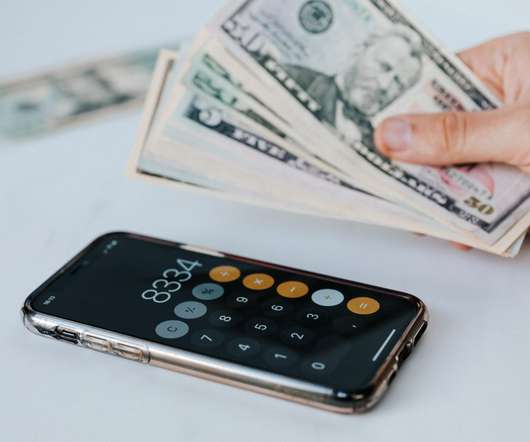Can I Settle My Credit Card Debt Myself?
Titan Consulting
SEPTEMBER 15, 2020
Bankruptcy can wipe out unsecured bills, leaving creditors with no way to recover the debt. Therefore, creditors of unsecured debt are often willing to accept less than the full balance owed if you are unable to pay off the balance in full. When Should You Consider a Debt Settlement Program ?












Let's personalize your content